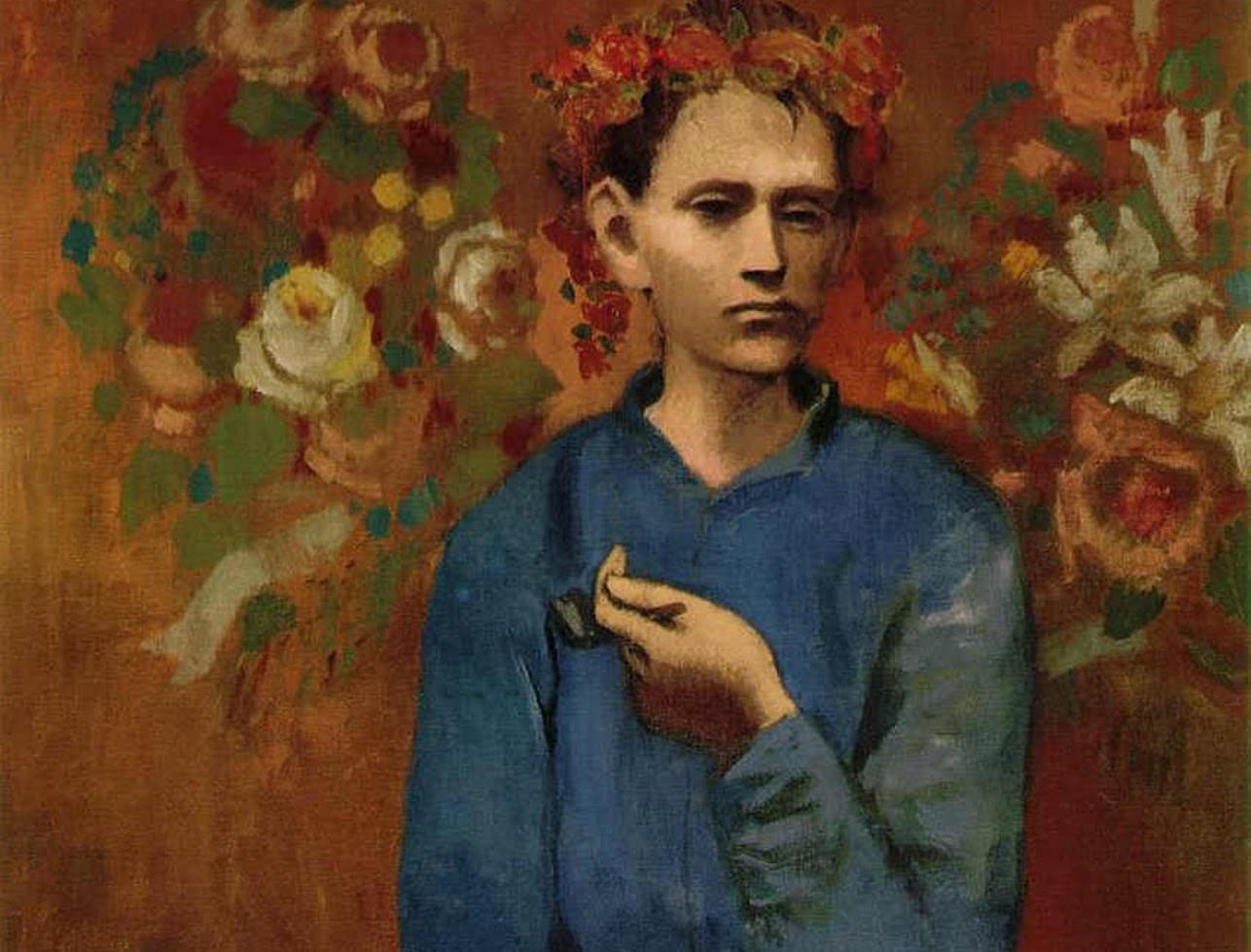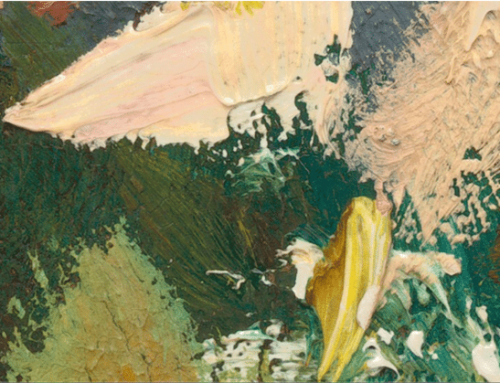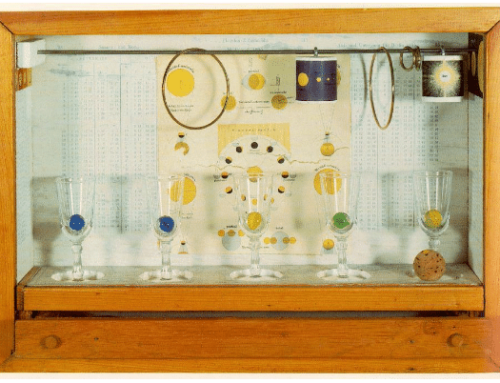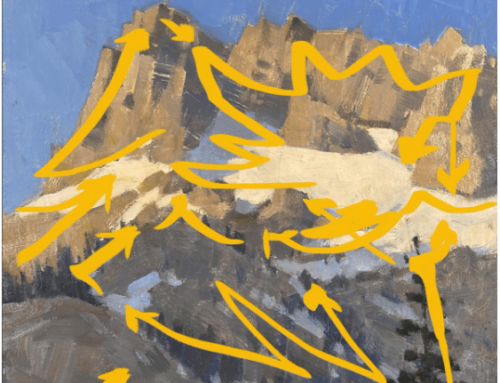Good artists imitate; great artists steal. This phrase is variously attributed to Steve Jobs (who misattributed it to Pablo Picasso), and to Lionel Trilling, Igor Stravinsky, T.S. Eliot, and William Faulkner. (Oh, and the less well-known English man of letters W.H. Davenport Adams, who actually seems to have come up with the earliest version of it while writing for The Gentleman’s Magazine in 1892).
“You don’t have to look like your heroes, you want to see like your heroes,” writes Austin Kleon in his book, Steal Like an Artist published in 2012. Like the luminaries above quoted (or misquoted), Kleon doesn’t mean ‘steal’ as in plagiarize or blatantly rip off — but study, credit, recontextualize, remix, mash up, and transform.
The science of stealing
Scientific discoveries work the same way – scientists constantly review, share, combine and recombine other scientists’ work to create new insights, theories, and discoveries. Copying, by the way, isn’t imitating in this sense – it’s just how artists learn – always has been, always will.
Creative work builds on what came before, and so in a sense there is nothing new under the sun. Except you: No one has the same creative DNA – the same combination of memories, dreams, doubts, fears, skillsets, secret freak superpowers and fantasizes. THAT’S what you draw upon to be “original.” A big part of becoming an artist is finding out and learning to accept who you are. As Kleon says, “You don’t need to be a genius, you just need to be yourself.”
The art we admire, the masters who seem gifted by the fickle gods – none of this stuff happens in a vacuum. None of it, that is, except the truly bad “experimental” art made by art students with tattoo sleeves who carry blow torches everywhere for some reason and consciously try to be completely original (and end up derivative of something they didn’t understand in the first place).
Rather than trying to be totally original, great artists consciously work within the traditions and cultural context they share with all. To get there, as Matisse wisely advised, don’t imitate the results, imitate the impulse behind them.
It’s a mindset as much as anything else. Somebody once said writers should be reading constantly – even if it’s just the text on a ketchup bottle or a box of cereal at breakfast. Put yourself in the path of lots of what you like and even lots of what you don’t – everything is fair game for creativity.




